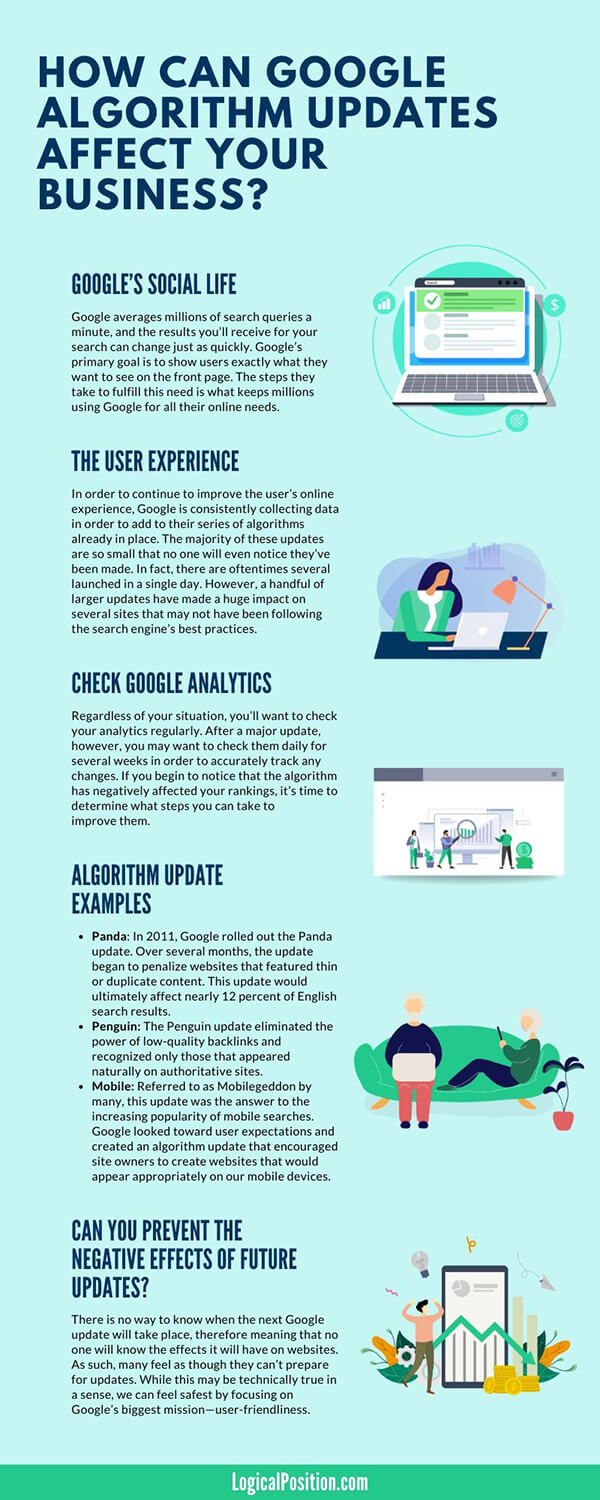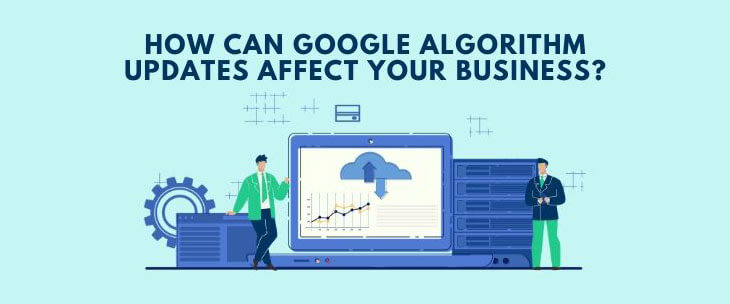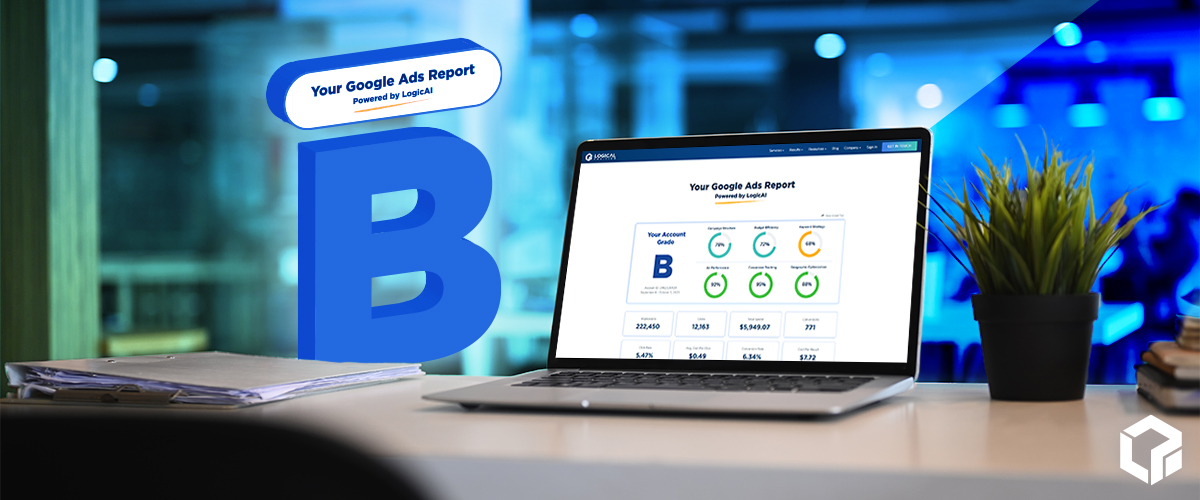Google’s Social Life
Google averages millions of search queries a minute, and the results you’ll receive for your search can change just as quickly. The popular search engine enjoys a rapid social life, and no human can really catch up. You could almost compare the social media parallel back to the famous top eight friends feature from when MySpace was popular. The hundreds of millions of results you may see for a single query shift rapidly, and like with your best friends, it’s the strongest websites that can maintain their ranking.
Now we know that Google isn’t a social media site in the same way that Facebook is, but it’s similar because you’re seeing real content from real people. On social media sites, however, you may at times find your feed clogged up with posts that aren’t incredibly relevant. Google’s primary goal is to show users exactly what they want to see on the front page. The steps they take to fulfill this need is what keeps millions using Google for all their online needs. If you read our post on how a search engine works, you’ll understand how organic rankings are developed.
The User Experience
Not only does Google have to sort through the millions of searches made every minute, but also the high volume of webpages created at the same time. The game Google has to play is matching the user query with the correct webpages. Once upon a time, the algorithms used by search engines might have come with a number of noticeable gaps. In order to get ahead, Google has long been collecting data and learning about users in order to create a system to improve the user’s experience—and this is something that changes daily.
Over the years, Google has made a series of changes that better allow it to interpret the user’s needs. Just a few of the items Google has created the ability to implement include:
- Correcting misspellings in your query
- Using synonyms to create more results
- Determining whether your query is specific or broad
- Presenting options for similar popular searches
In order to continue to improve the user’s online experience, Google is consistently collecting data in order to add to their series of algorithms already in place. The majority of these updates are so small that no one will even notice they’ve been made. In fact, there are oftentimes several launched in a single day. However, a handful of larger updates have made a huge impact on several sites that may not have been following the search engine’s best practices.
If you explore some of Google’s biggest updates—a few of which we’ll touch on below—you’ll learn how each one is made to benefit the user. It’s almost impossible to know what change Google will make next, so some business owners may worry that one day they’ll see their analytics rapidly decrease. Fortunately, businesses practicing white hat SEO are less likely to experience negative effects. In fact, there’s a chance their rankings may even improve with future updates.
Have You Been Affected?
When a major update is announced, you might immediately wonder whether you’ll be affected. Before we discuss some of Google’s most notable past updates, we’ll first look at how you can determine if and how you’ve been affected.
Know When an Update Happens
While it’s impossible to know when an update will be made or what it will entail, we can make an effort to find out as soon as possible when one has been made. Many leading SEO website and social media pages will post about these updates as soon as they learn of them. Following these can allow you to do the same in order to avoid discovering the algorithm change after you’ve already been hit.
Check Google Analytics
Google Analytics is one of the strongest tools a business owner focusing on SEO can take advantage of. This is where you collect important information regarding how your site is performing. Some of the analytics tracked include the following:
- How users found your site (email, social media, organic ratings, etc.)
- How many users visited your website
- How long users spend on each page
- Where your users are searching from
- Your keyword rankings
Regardless of your situation, you’ll want to check your analytics regularly. After a major update, however, you may want to check them daily for several weeks in order to accurately track any changes. If you begin to notice that the algorithm has negatively affected your rankings, it’s time to determine what steps you can take to improve them. We want to briefly review a few of Google’s most significant past algorithm updates so you can familiarize yourself with the steps they’ve made to improve the user’s experience. You’ll find that many of these are targeted toward penalizing black hat practices.
Algorithm Update Examples
- Panda: In 2011, Google rolled out the Panda update. This update was created in response to a collection of low-quality websites dominating the organic SERPs. Over several months, the update began to penalize websites that featured thin or duplicate content. It sought to boost websites that provided high-quality content and could prove their worth through authority and trustworthiness. This update would ultimately affect nearly 12 percent of English search results.
- Penguin: One determiner of a page’s place in the SERPs is via authority built through backlinks. When a high-quality website links to a page on another site, Google takes this as a vote of confidence. In the past, websites would abuse this feature. They could spam links to their site in forums and comment sections. Not only that, but they could even build a variety of low-quality websites meant only to link back to the one they were trying to boost. The Penguin update eliminated the power of low-quality backlinks and recognized only those that appeared naturally on authoritative sites.
- Mobile: Referred to as Mobilegeddon by many, this update was the answer to the increasing popularity of mobile searches. Websites that weren’t prepared for the number of individuals using their phones may have had pages that weren’t optimized for the devices. As such, Google looked toward user expectations and created an algorithm update that encouraged site owners to create websites that would appear appropriately on our mobile devices.
- Medic: This update was one that had catastrophic results for many websites. The websites hit by this were also known as Your Money or Your Life. The majority of these were medically related websites that essentially made unsubstantiated medical claims. Google does not support sites that, in an effort to sell their product, make claims about their product’s effects on your health without the proper authority.
Can You Prevent the Negative Effects of Future Updates?
There is no way to know when the next Google update will take place, therefore meaning that no one will know the effects it will have on websites. As such, many feel as though they can’t prepare for updates. While this may be technically true in a sense, we can feel safest by focusing on Google’s biggest mission—user-friendliness.
When we practice white hat SEO and focus on providing relevant content to users, we greatly decrease our changes of being penalized by Google. At Logical Position, we work to help our clients follow practices that create positive customer interactions and improve your position in the SERPs. Our SEO experts are consistently educating themselves on Google algorithm updates and best practices. If you’d like to learn more about our search engine optimization services, please get in touch today to schedule your free review.





